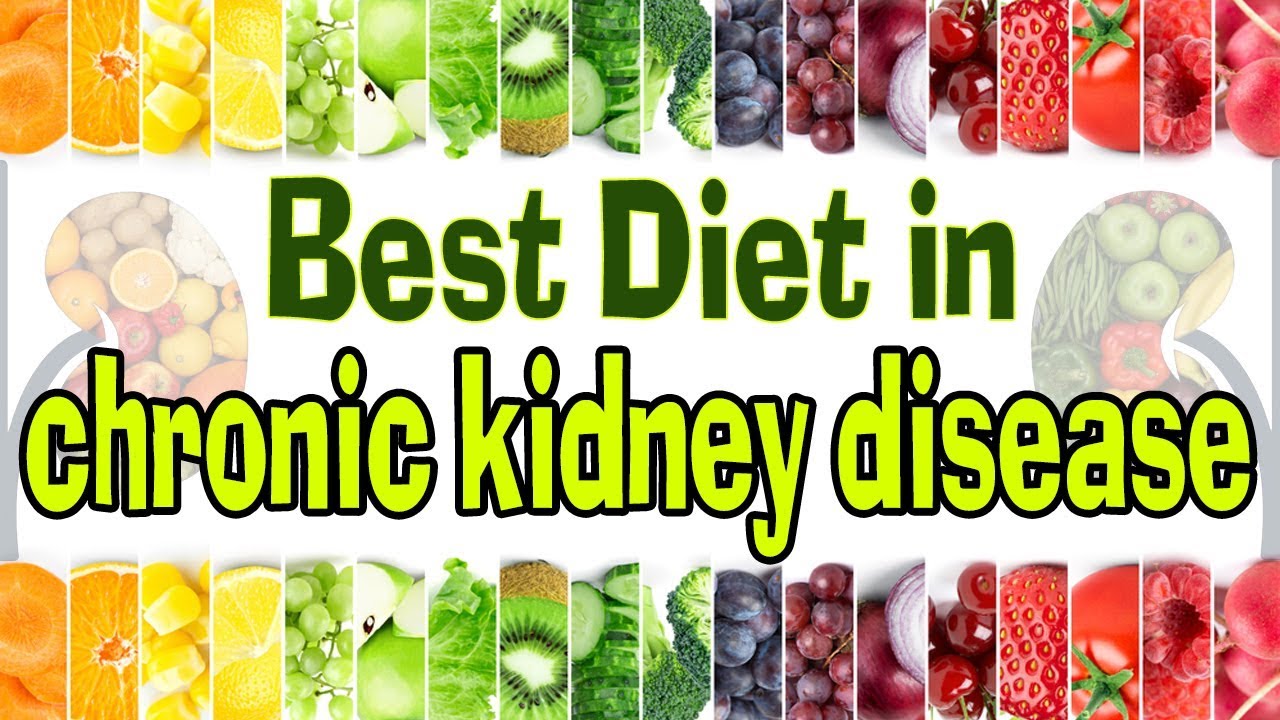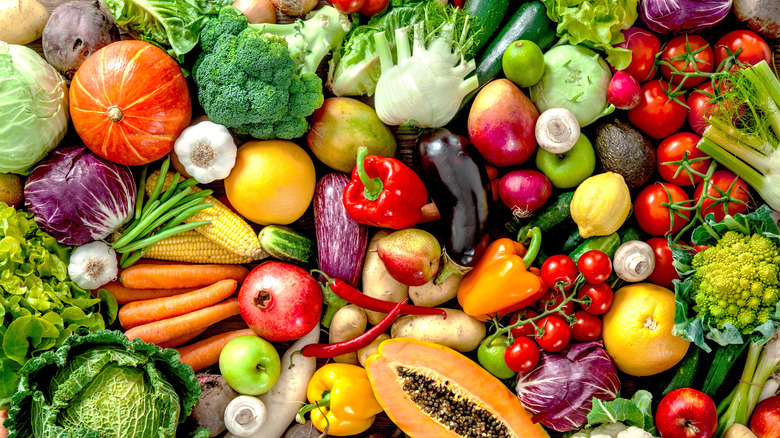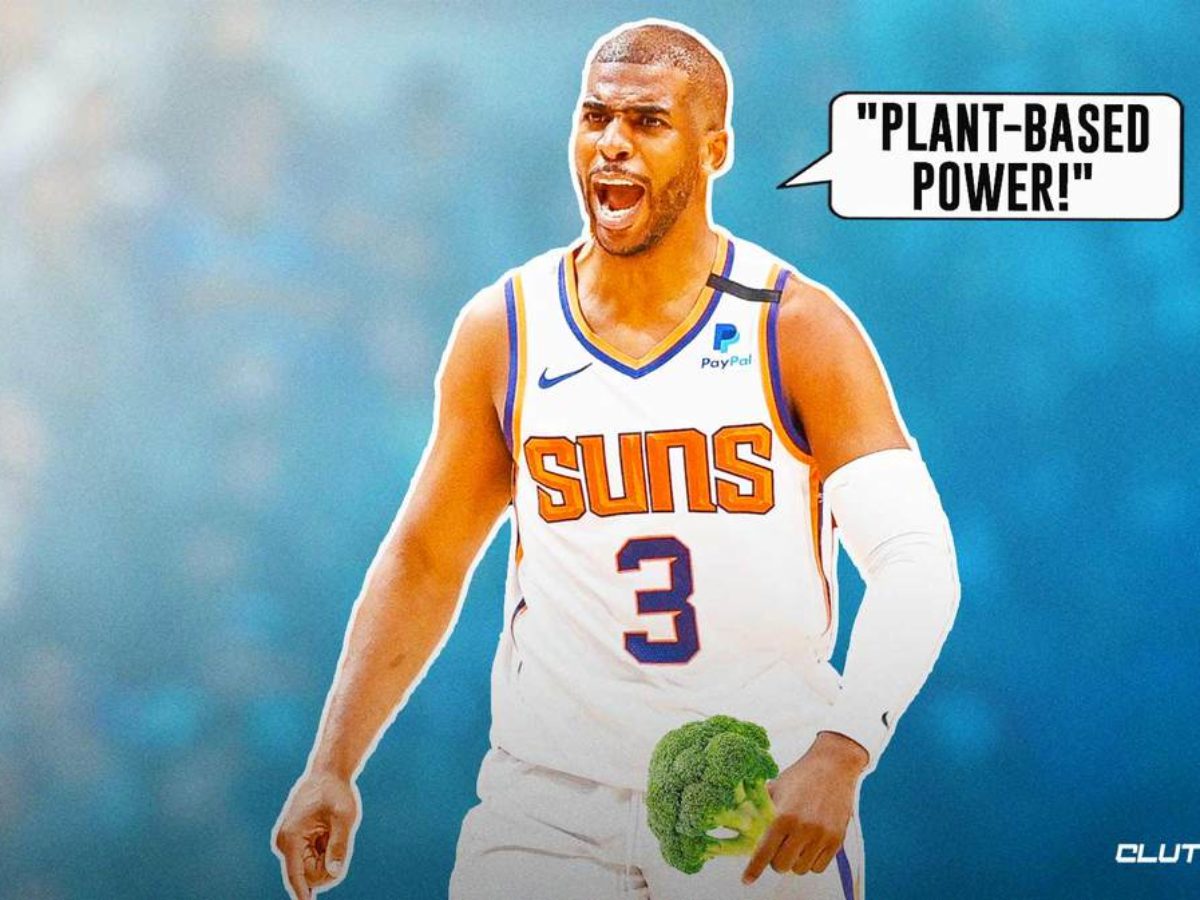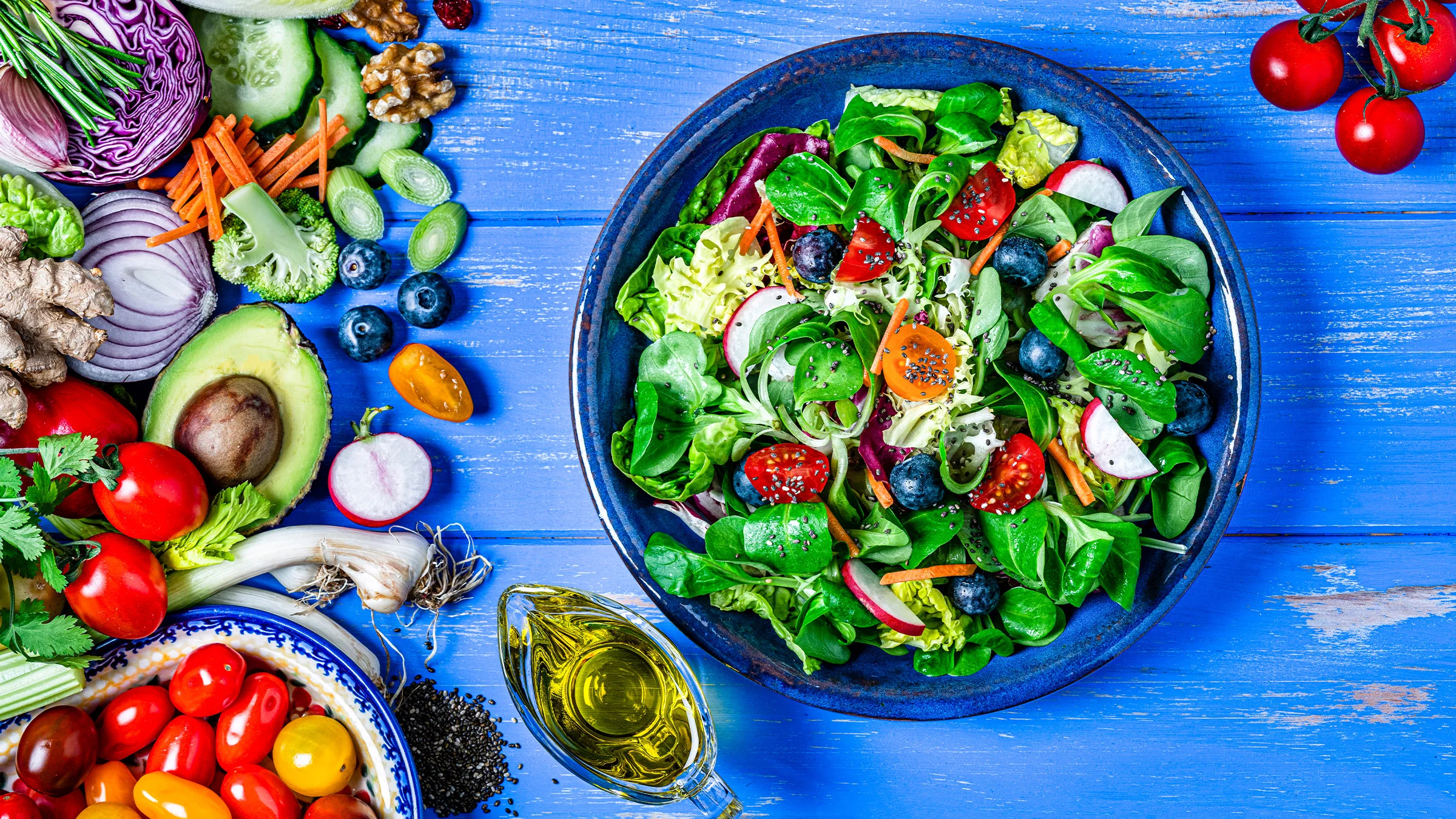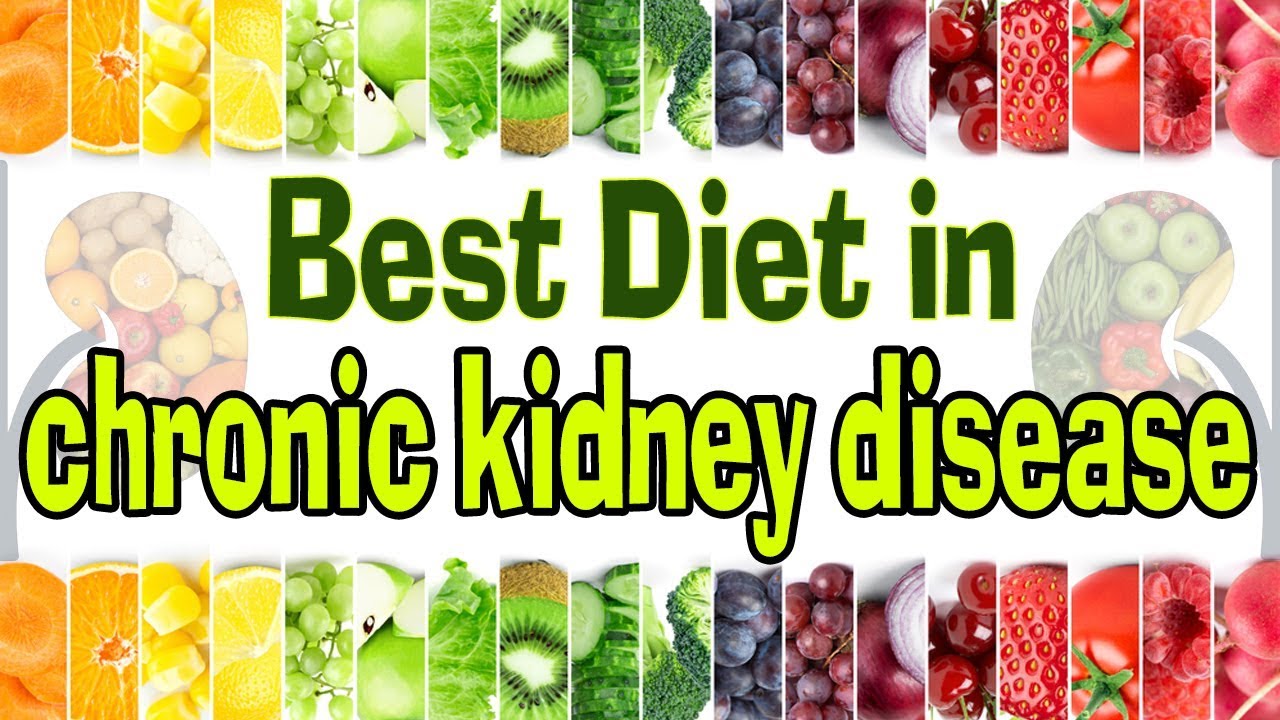
Plant Based Bodybuilding Diet
Plant-Based Bodybuilding Diet
- 1 - What Foods Do You Consume On A Plant-Based Diet?
- 2 - Which Plant Sources Of Protein Are The Best?
- 3 - Can Plants Provide Enough Protein?
- 4 - Why Is It Essential To Take Leucine?
- 5 - Is It Necessary To Utilize Plant-Based Protein Powder?
- 6 - Is It Possible To Get Sufficient Calories And Carbs From Meals Derived From Plants?
- 7 - What Dietary Supplements Are Advised For Those Following A Plant-Based Diet?
The following are some strategies that can help you maintain or even improve your general health and performance while adhering to a plant-based bodybuilding diet without sacrificing your ability to gain muscle mass.
People are making the conscious decision to reduce the amount of meat-based foods they consume, such as burgers and chicken, in favor of alternatives produced from plants. That occurs daily. This shift in eating habits reflects a more significant cultural trend toward consuming a diet that emphasizes plant-based foods. However, one question that is commonly asked is whether or not a diet that consists of just plant foods can supply all of the nutrients that the body requires. That is an especially pertinent question for an individual who regularly engages in weightlifting or other forms of physical activity. It is possible that reducing the quantity of meat you eat will have a range of beneficial consequences, including assisting you in losing weight and giving you a sense of greater vigor.
plant Based Diet
The encouraging news is that the answer is yes. It is reasonably possible; nevertheless, you must use the right approach to accomplish what you want. The following is a collection of frequently asked questions (FAQs), which covers the information you need to know to design a plant-based diet that delivers sufficient energy to maintain an active lifestyle. This information aims to help you create a diet that can keep up with your busy lifestyle.
What Foods Do You Consume On A Plant-Based Diet?
The term "plant-based diet" refers to a pattern of eating in which the majority of a person's food comes from sources that are generated from plants; however, this does not prevent the consumption of goods produced from animals; instead, it emphasizes the consumption of foods derived from plants. It is not the same as adhering to a vegan diet, restricting your consumption to foods derived solely from plants and vegetables.
"Plant-based diets may sometimes be referred to as vegan diets; however, persons who occasionally consume meat can still follow a plant-based eating pattern," explains Kelly Jones, MS, RD, CSSD, LDN. "Vegan diets may also be referred to as plant-based diets." "Those who indulge in meat consumption once in a while can nonetheless adhere to a plant-based dietary pattern." Vegan diets are also called "plant-based diets," another word for vegan diets. Consuming only products derived from plants requires taking pleasure in the plant-based foods and drinks themselves and doing it in a manner that is as true as possible to the state of the plant in its natural state when it was harvested.
What Foods Do You Consume On A Plant-Based Diet?
According to Jones, "a plant-based diet emphasizes whole plant foods as the primary components of most meals and snacks." "A plant-based diet" Included in the category of whole plant foods are legumes, cereals that are not refined, vegetables, fruits, nuts, and seeds. Additional examples include many kinds of nuts and seeds. It may contain foods derived from animals; however, the number of times animal products are consumed and the portion sizes of animal products will be far less than what is typical in most normal American diets.
Which Plant Sources Of Protein Are The Best?
One of the best options you must consider is soy, which possesses one of the highest levels of protein that can be discovered in any plant. Even a single portion of soy-based foods like tempeh, tofu, and edamame may pack a fair punch regarding the amount of protein they offer. These straightforward meal alternatives are possible constituents of a diet plan because of their ease of preparation.
According to Jones, "soy is usually considered to be the highest-quality plant protein when it comes to the essential amino acid content and bioavailability of the soy protein." Regarding soy, you stated the comment mentioned above.
In contrast to the widespread belief that eating soy will throw one's hormonal balance out of whack, recent research suggests that the isoflavones found in soy may, on the contrary, be associated with several beneficial effects on one's health. That is in contrast to the widespread belief that eating soy will throw one's hormonal balance out of whack. Contrary to the prevalent idea that consuming soy will throw one's hormonal balance off, this information demonstrates that the opposite is true.
Which Plant Sources Of Protein Are The Best?
If you are looking for a dinner that you can produce quickly and simply during the week, you might want to think about creating some soy burgers on the grill or making a stir-fry with a range of vegetables and cubes of tofu. Both of these options are good options to explore. Both of these choices are excellent alternatives to consider.
There are several grains, and other legumes, such as beans, lentils, and split peas, Besides farro, bulgur, and quinoa (a seed that behaves as a grain). They are all high in protein. Quinoa is an exception to this rule because it is technically a seed but behaves like a grain. Quinoa is an exception to this rule because it is botanically classified as a seed yet has the characteristics of a grain.
There is also the possibility of obtaining protein from nuts. Because of their beneficial effects, you should consume a wide variety of nuts, mainly those rich in protein, and include peanuts and pistachios in your diet (technically a legume but acts like a nut). Even while other nuts, such as macadamias and pecans, have a lesser proportion of protein, this does not indicate that they are unnecessary. On the contrary, these nuts are abundant in many other essential nutrients for the body to function correctly.
Can Plants Provide Enough Protein?
Can Plants Provide Enough Protein?
You might wonder how you'll make enough protein through life without steak and chicken for muscle regeneration and recovery, but the reality is that you can truly thrive on proteins produced from plants, with a little bit of meat if you choose. If you want to learn more about this topic, check out this article. Consuming a wide array of proteins sourced from plants consistently is a vital must for one's chances of success with this endeavor. The great majority of plant proteins indeed include essential amino acids, even if not all of them, but this is not the case for every single one.
Animal proteins, on the other hand, supply your body with all of the essential amino acids it requires to grow and repair its muscles. These amino acids are only found in animal products. These amino acids are necessary for the body's correct functioning and are found in protein. (There are three foods, quinoa, soy, and pistachios, that are the only exceptions to this rule. That is because these three foods contain all essential amino acids.) It is possible to get the same amount of essential amino acids (EAAs) from plant sources as you would get from animal sources if you consume a diet that includes a variety of whole grains, nuts, seeds, and legumes. That is because essential amino acids are found in protein. That is because EAAs can be derived from both plant and animal sources.
According to Jones, the best way to ensure that the foods you consume provide you with the most significant number of necessary amino acids is to emphasize the nuts, grains, and legumes with the highest protein content. That is the best way to guarantee that the foods you consume provide you with the most significant number of necessary amino acids. For instance, rather than combining lentils with rice, which has a relatively low protein content, you might consider substituting faro or quinoa for the rice because both grains have a higher protein content than rice.
plant Based Diet
Another example would be to combine lentils with buckwheat, which has a relatively high protein content. Combining lentils with buckwheat, another grain with a relatively modest amount of protein is another strategy you may utilize. If you want to shake things up a little bit and try something new, instead of spreading cashew butter on your high-protein whole-grain toast, you might try spreading peanut or pistachio butter on it instead. Compared to the amount of protein in cashew butter, the quantity of protein found in peanut butter, pistachio butter, and all of these is more.
It is essential to remember that the amount of protein in some plant-based meals is frequently lower than that of their equivalents based on eating animals when switching your diet from animal products to alternatives based on plants. That is something that you should keep in mind when switching from eating animal products to eating options that are based on plants.
According to Jones, foods like jackfruit, almond milk, coconut yogurt, and other veggie burgers do not contain significant protein levels.
Please make an effort to think of inventive methods to cook the meals you make for yourself and make it a habit to write down these ideas. Think about using some chia and hemp seeds in your coconut yogurt if you'd want it to have a greater protein level. Chia seeds are perfect for this. You should pour almond milk over granola, which contains nuts as an ingredient, and stir in the nuts. Remember that it is still OK to consume meat as long as you do so in moderation; for this reason, when the time comes to fire up the grill, an occasional turkey or chicken burger could be an excellent option to make. Additionally, keep in mind that it is still OK to consume meat as long as you do so in moderation.
Why Is It Essential To Take Leucine?
Why Is It Essential To Take Leucine?
Leucine is a branched-chain amino acid. While all amino acids are necessary for good health, many people consider leucine vital in increasing strength and muscle mass. That is even though all essential amino acids are required for good health. If you feel you aren't getting the most out of your fitness gains while adhering to a plant-based diet even though you consume a wide range of plant foods, It's conceivable that you require a higher intake of leucine than what you're currently getting in your diet.
According to Jones, "Leucine is the BCAA that was discovered to operate as a critical trigger to muscle protein synthesis after an exercise." He says that this discovery was made possible by the discovery that leucine is the BCAA. "you discovered that leucine is the BCAA that functions, and from that, you concluded that this takes place." For example, meals like tofu, soy milk, adzuki beans, lentils, buckwheat, and pumpkin seeds are known to have higher quantities than other foods.
Taking a supplement loaded with BCAAs is another option for increasing the amount of leucine you take daily. Look for BCAA supplements derived from plants rather than animals; if the product is not labeled as vegan or fermented, it is a good chance that it was manufactured using animal products. Look for BCAA supplements that are derived from plants rather than animals. Look for BCAA supplements from plants rather than animals for the best results.
Is It Necessary To Utilize Plant-Based Protein Powder?
Is It Necessary To Utilize Plant-Based Protein Powder?
While obtaining all the protein you require from whole plant foods is possible, consuming a plant-based protein powder might give you added insurance if you participate in strength sports or bodybuilding and have substantial protein requirements. Using a protein powder derived from rice, peas, hemp, or soy in a drink or adding it to foods can enhance muscle growth and strength. That can help you feel fuller for longer and reduce the number of times you go for unhealthy snacks. Blending fresh fruit, nuts, seeds, and leafy greens results in a smoothie that is high in nutrients and nutrient density. After you've worked them out, this will aid in your muscles recovering more rapidly.
Is It Possible To Get Sufficient Calories And Carbs From Meals Derived From Plants?
Because of the natural appetite suppression that they provide, diets that are mainly composed of plant foods can be helpful in the maintenance of a healthy weight. Even though there are times when these diets are too effective, diets consisting primarily of plant foods can help maintain a healthy weight.
"When transitioning to a plant-based diet, you are naturally going to include more fiber in your diet," says Jones. "This promotes feelings of fullness, so it's a win-win." It is essential to remember that while this is usually a good thing for most people, fiber gives many extra health benefits. It may contribute to an early feeling of fullness as your body adjusts to its new eating pattern. That is something that you should keep in mind.
Is It Possible To Get Sufficient Calories And Carbs
In addition, fruits and vegetables often contain fewer calories than other food categories, which means that your overall calorie intake might drop to an unsafe level without your knowledge. In particular, if you participate in physical exercise, you have a responsibility to continue consuming an adequate quantity of calories to keep your energy levels stable and heal any muscle damage that may have occurred. Carbohydrates need to be approached with the same line of reasoning.
"Be cautious about incorporating carbohydrate sources lower in fiber before and during exercise," recommends Jones. "And don't be afraid to have a little more fruit or even 100 percent juice to make sure you get enough calories." After exercise, it is important to consume carbohydrates from low fiber sources. You should choose foods like bananas, potatoes, cereal, bread, and rice cakes since they have low fiber content and are thus good choices. Other examples of foods that are low in fiber content include:
Because carbohydrates are the most efficient energy source for high-intensity exercise and the central nervous system, they have an effect that spares protein, limiting calories. And carbohydrates can contribute to muscle loss or, at the very least, impair an individual's ability to optimally repair and grow muscle. That is the warning given by Jones.
Do not restrict yourself to eating only vegetables throughout the day; instead, include in your diet a variety of other foods high in complex carbohydrates and fiber, such as grains, beans, and fruits. Eating vegetables is an excellent way to maintain a healthy diet without restricting yourself to eating only vegetables.
What Dietary Supplements Are Advised For Those Following A Plant-Based Diet?
plant Based Diet
Even while plant-based meals may have a wealth of vitamins and minerals, it may not be easy to receive appropriate quantities of certain nutrients from plant sources. That is the case even if plant-based meals contain a wealth of vitamins and minerals. Suppose you entirely exclude the intake of any animal products from your diet. In that case, Jones suggests taking a vegan vitamin B12 supplement because animal products are the principal source of this crucial vitamin in the diet of humans.
Because it is challenging for the body to produce the active form of vitamin D on its own, it is a good idea to take a vegan vitamin D3 supplement, mainly if you don't receive enough sun. Vitamin D's function in the responses of fast-twitch muscle fibers is of utmost significance for strength training and sports competition. Vitamin D is important not only for the health of bones and the ability to fight free radicals but also for its role in the position of vitamin D.
When combined with other nutrients, plant foods like green vegetables have the potential to supply an individual with all of the iron that they require. It is possible to get all of the iron you need from plant foods, which is something to keep in mind for ladies transitioning to a plant-based diet who may find iron supplements helpful.
According to Jones, "Vitamin C improves plant-iron absorption; as a result, you should strive to include a source of vitamin C at most meals and snacks," and "Vitamin C may be found in citrus fruits and vegetables." The author suggests taking into consideration kiwis, citrus fruits, peppers, potatoes, spinach, and broccoli in one's diet.
On the other hand, if you are having symptoms of iron deficiency anemia while ingesting a significant number of foods that are high in iron and vitamin C, you should seriously consider consulting the services of a nutritionist.
In addition, it is notoriously difficult to extract omega-3 fatty acids from plant sources like nuts and seeds. You can get the omega-3 fats you need by eating fish, taking fish oil supplements, or taking fish oil supplements if you wish to supplement your plant-based bodybuilding diet with animal products on occasion. If you do this, it is essential to note that fish is not a good source of omega-3 fats. If this is not the case, you should consider the possibility of taking an omega-3 supplement that is generated from algae.

